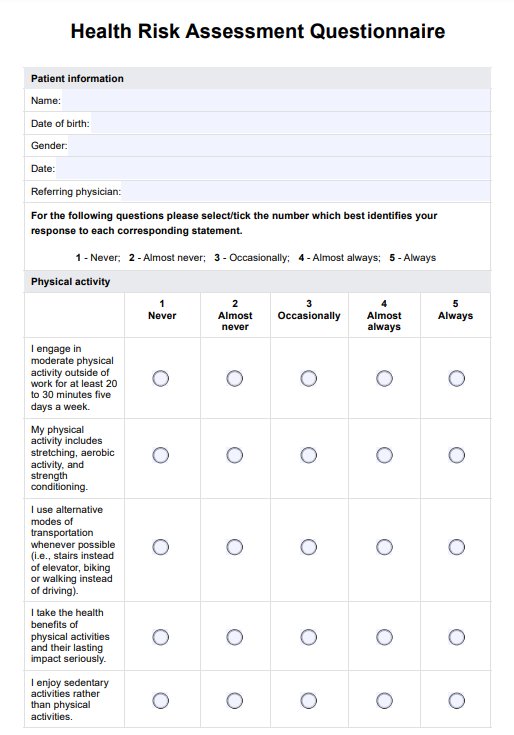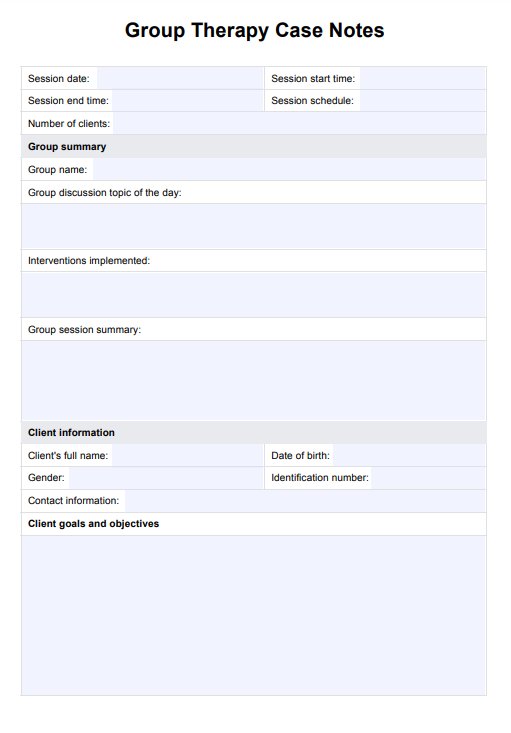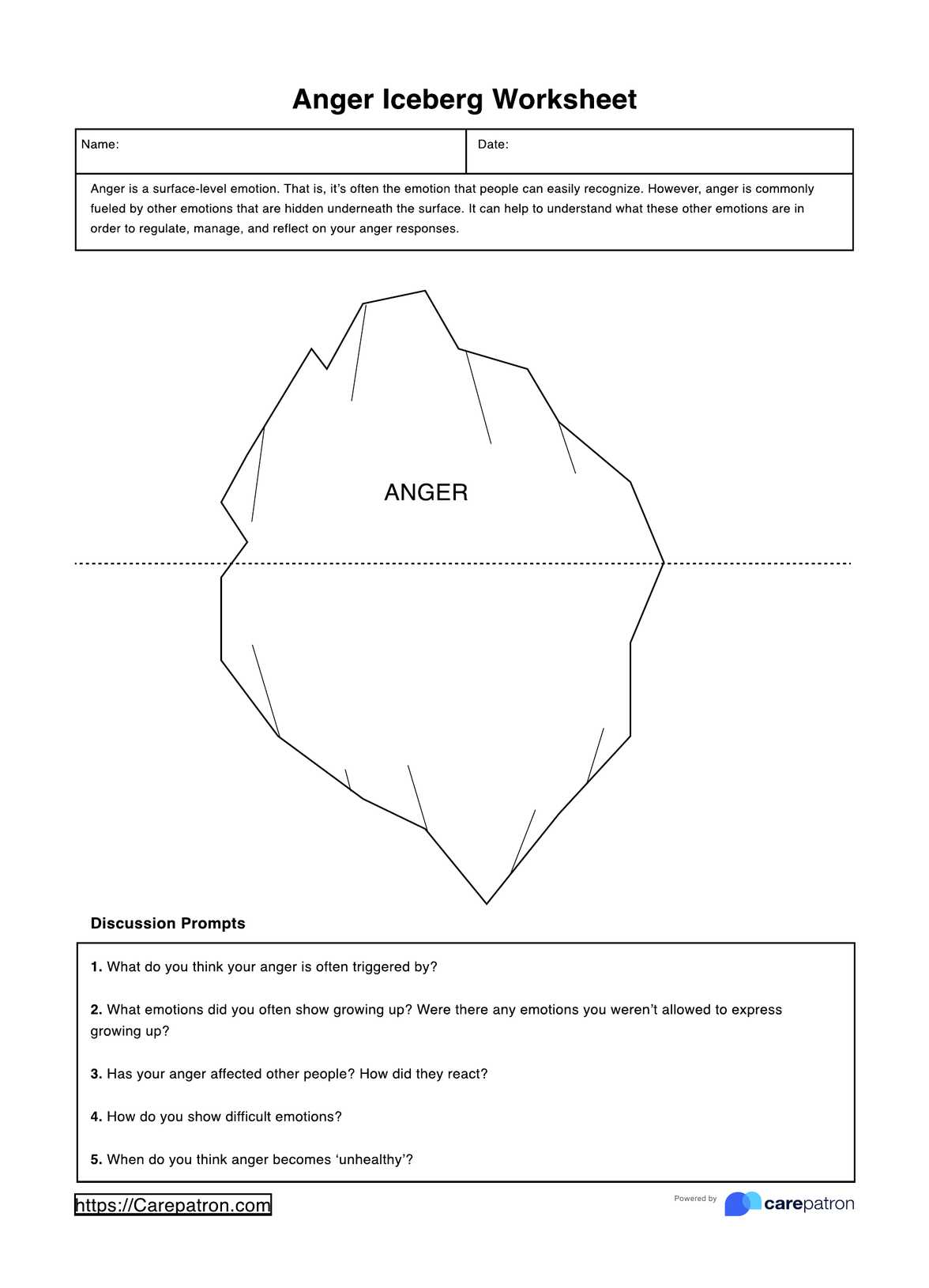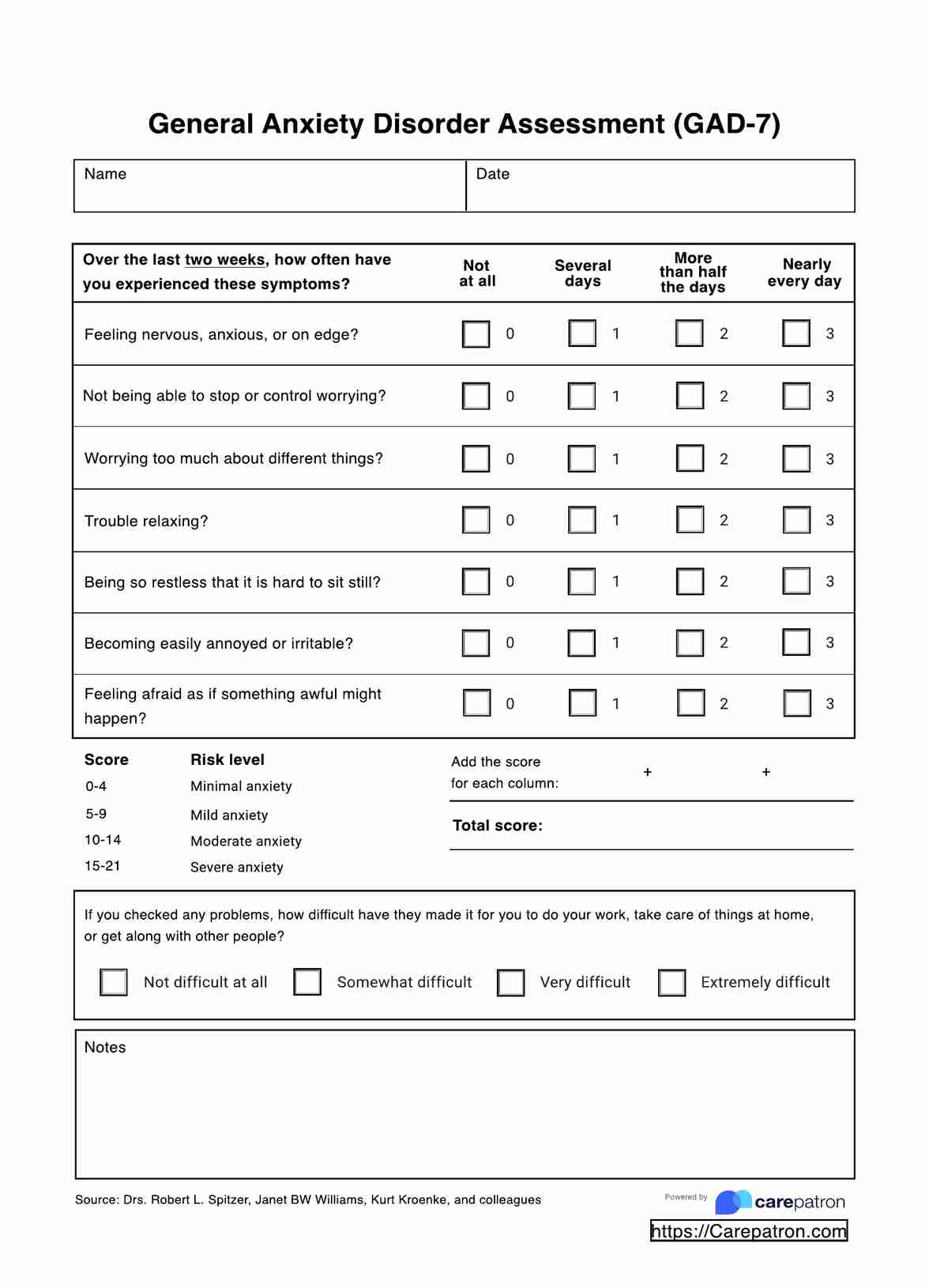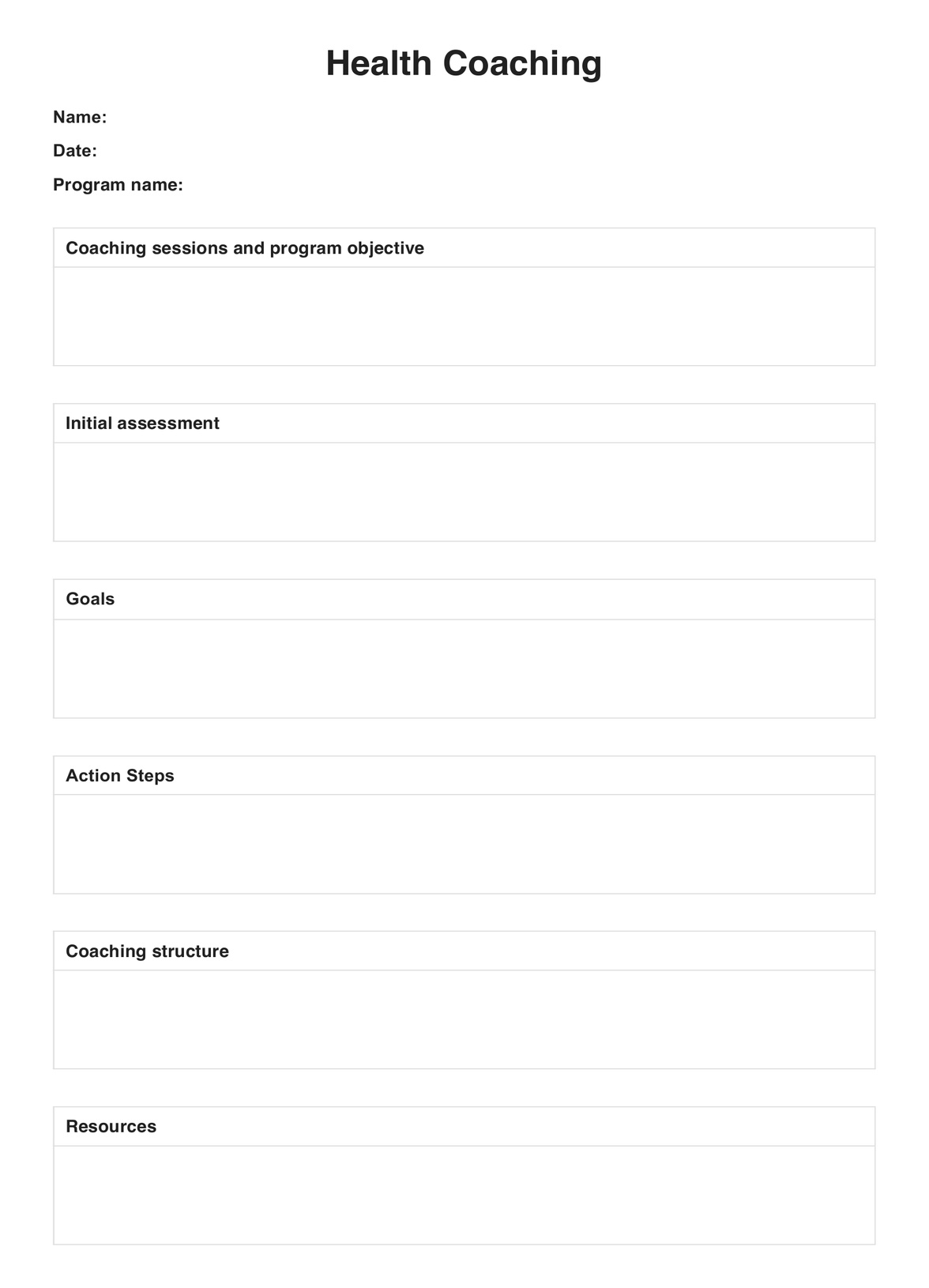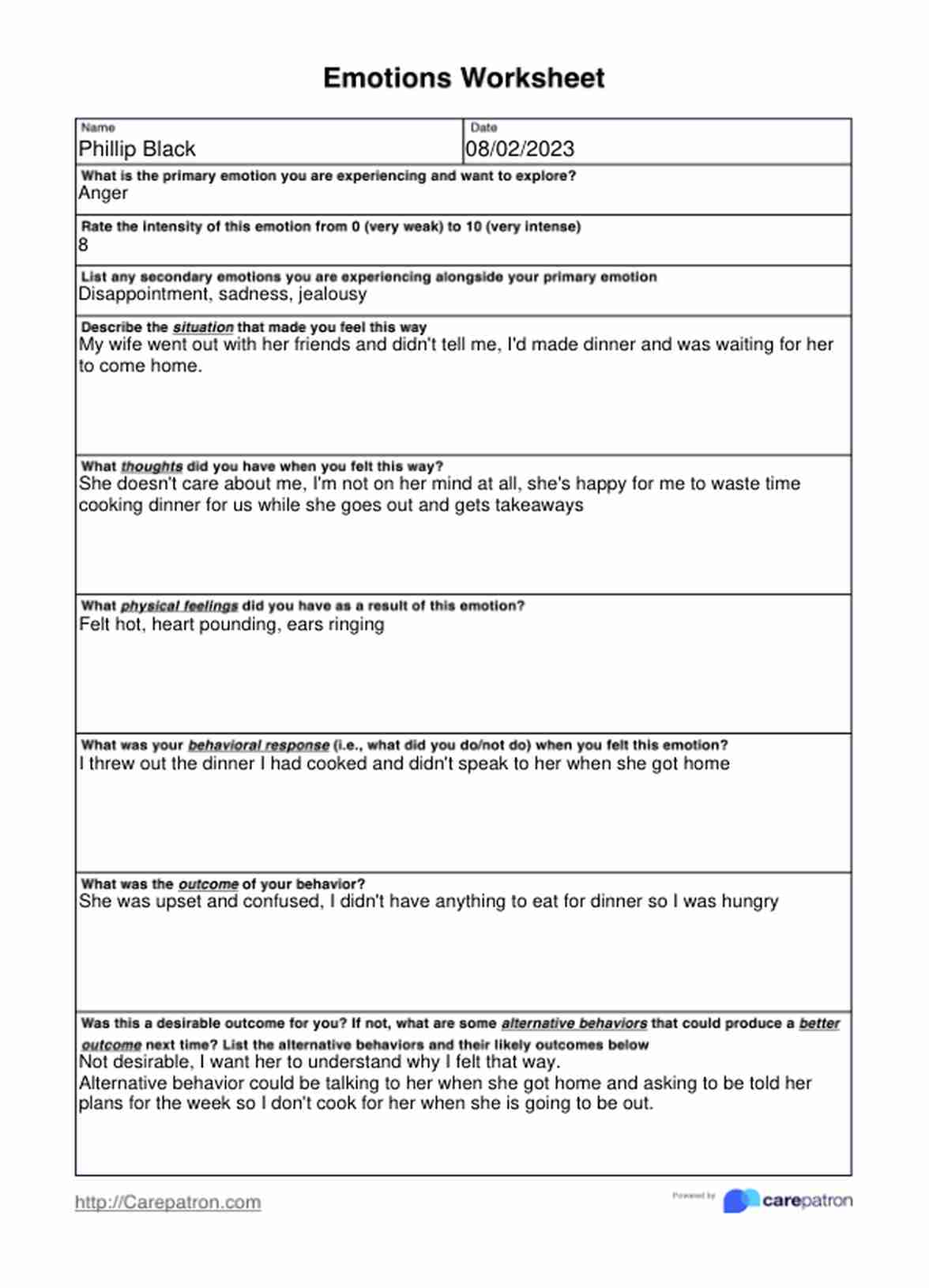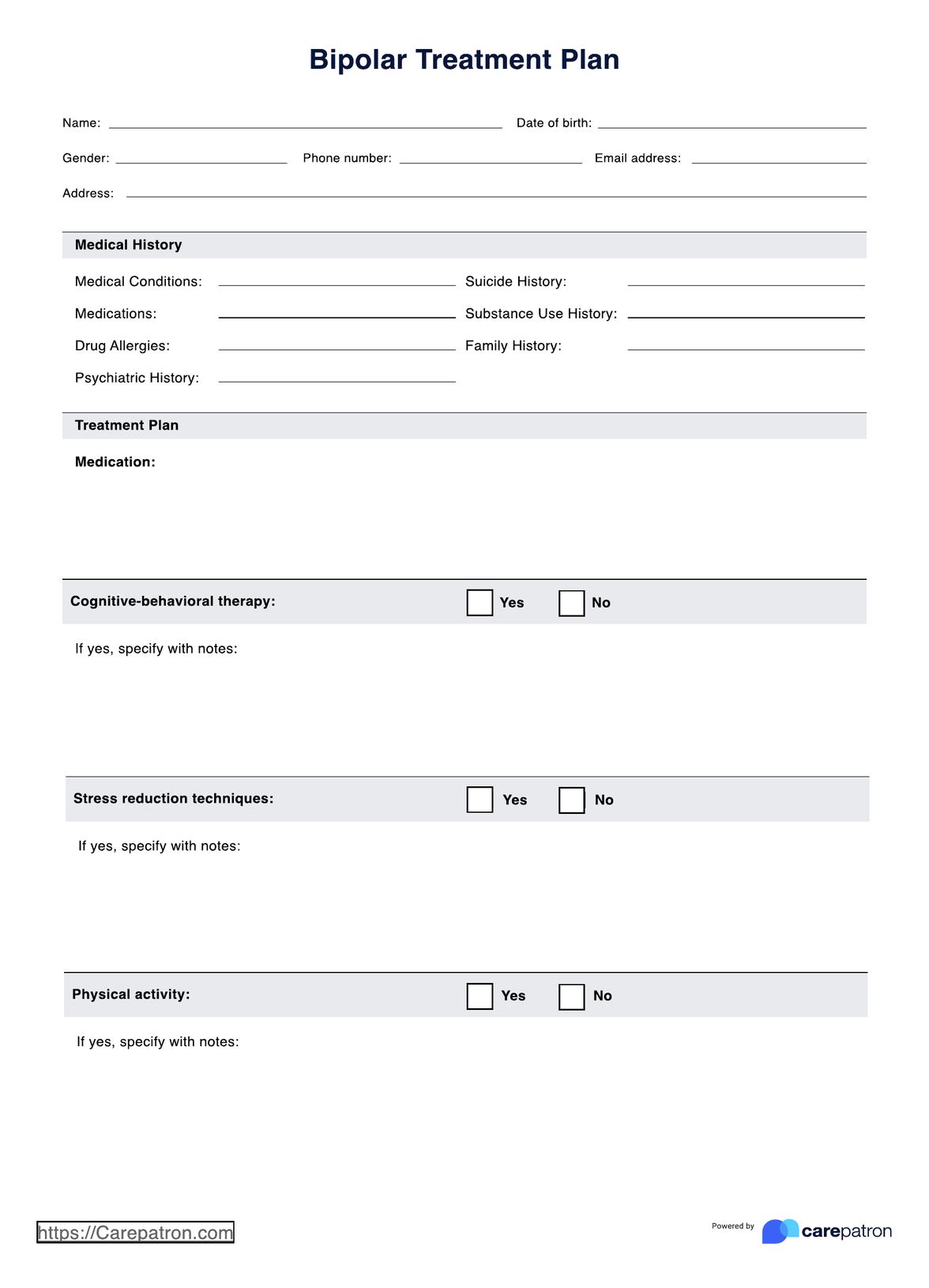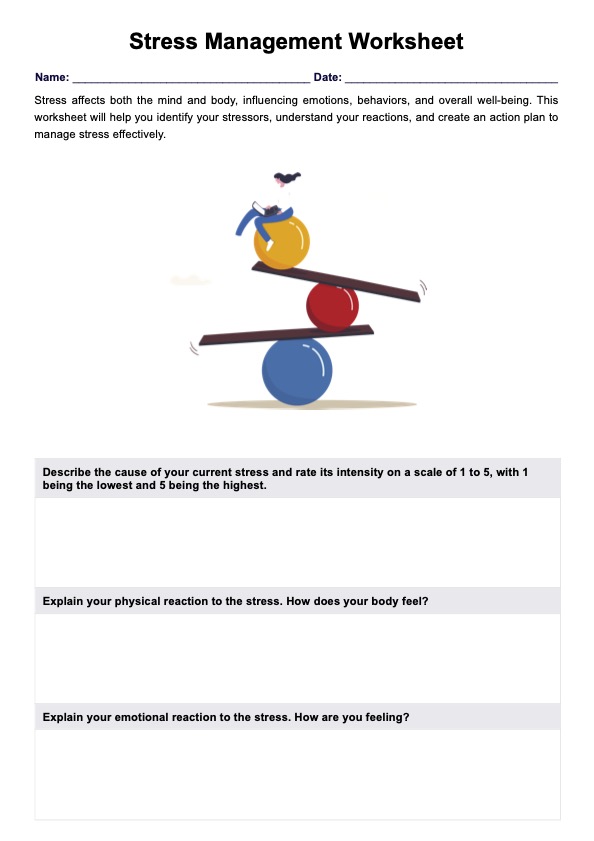Abraham Hicks Emotional Scale
Navigate life's emotional landscape confidently using the Abraham Hicks Emotional Scales. Get your free PDF guide today.


What is the Abraham Hicks Emotional Scale?
The concept of an Emotional Scale Template goes beyond providing a mere list of emotions. It's a roadmap to your emotional self, a guide to your emotional universe. Its purpose isn't to suppress or completely evade negative emotions but to consciously ascend the scale, gradually reaching for more positive or preferred emotions. Integrated within the broader spiritual context, the Emotional Scale aligns with the "Law of Attraction" philosophy, suggesting that our emotions and how we manage them can significantly impact the experiences we draw into our lives.
The Abraham Hicks Emotional Scale is a valuable tool guiding individuals to comprehend better, navigate, and manage their emotions. Born from the teachings of Esther Hicks, who professes to relay messages from a group of non-physical entities known as Abraham, this tool offers a pathway to emotional enlightenment and personal development. The scale encapsulates a variety of emotional states, spanning from positive feelings such as joy, empowerment, and love to negative feelings like despair, depression, and fear.
Abraham Hicks Emotional Scale Template
Abraham Hicks Emotional Scale Example
How does it work?
The Abraham Hicks Emotional Scale, through its simplicity and depth, serves as an inner compass guiding you across the vast landscape of emotions. It invites a transformative journey toward emotional well-being and personal growth. The procedure of utilizing the scale comprises several mindful steps.
Step 1: Identification
Your journey begins with the recognition of your current emotional state. The scale presents a spectrum of emotions: love and empowerment sit at the top, and emotions like fear and powerlessness anchor the bottom. Identifying where you currently reside on this scale is the first step in understanding your emotional landscape.
Step 2: Acknowledgment
Once you have identified your current emotion, the next step is acknowledgment. This isn't about self-judgment or criticism but about accepting your present emotional state as a natural part of your human experience. Regardless of where it falls on the scale, each emotion holds value and insights about your inner world.
Step 3: Aspiration
Acknowledging your emotional state, you aspire towards an emotion just one step higher on the scale. This isn't about making drastic leaps but about achievable, progressive movement up the scale. This approach encourages gentle and sustainable emotional growth rather than pushing for a forced, often unsustainable leap to the top of the scale.
Step 4: Action
Now, you engage in activities, thought processes, or behaviors that help you shift towards the higher emotion. These could span a range of strategies – from mindfulness practices to visualization, affirmations, physical exercise, or lifestyle changes. The aim is to find the methods that resonate with you and aid in your ascent up the emotional scale.
Step 5: Progress Monitoring
The final step is a regular emotional check-in with yourself to assess your emotional state and adjust your aspirations and actions accordingly. Monitoring your progress allows you to be responsive to your needs and fosters a deeper connection with your emotional self.
When would you use this Template?
Navigating the complex world of emotions can be challenging, especially in a society that often encourages us to suppress or ignore our feelings. The Abraham Hicks Emotional Scale is a powerful tool, providing a structured yet flexible approach to understanding and managing our emotional states. It can be beneficial in a range of situations.
Personal Growth
If you are on a personal development journey, this scale can be a valuable companion, fostering greater self-awareness, emotional intelligence, and resilience.
Life Transitions
Times of change or uncertainty can stir up many emotions. Whether it's a career change, a relationship transition, or a shift in personal circumstances, the scale can help you navigate these challenging waters with greater emotional clarity and control.
Relationship Management
Personal or professional relationships can be a source of joy and challenge. Using the scale, you can better understand and respect your and others' emotional states, improving empathy, communication, and connection within your relationships.
Stress Management
Stress can pull us toward the lower end of the emotional scale. In such moments, the scale can serve as a compass, guiding you towards healthier, more positive emotional states and promoting better stress management.
Goal Setting
Personal goals are not just about what we do but also about how we feel. The scale can assist in setting emotional goals and tracking progress, integrating emotional well-being into your broader personal development plan.
In each scenario, the Abraham Hicks Emotional Scale can be a beacon, illuminating your emotional landscape and guiding you towards improved emotional well-being.
Benefits
Understanding and leveraging our emotions is fundamental to leading a fulfilling and balanced life. The Abraham Hicks Emotional Scale, a profound tool in emotional intelligence, offers many benefits, acting as a compass to navigate the often complex landscape of our emotional world.
1. Improved Self-awareness
The first step toward personal growth is understanding oneself. The Abraham Hicks Emotional Scale prompts you to tune into your feelings, identify them without judgment, and situate them within a broader emotional spectrum. This processawareness, providing insight into how your emotions interconnect with your thoughts, behaviors, and overall life experiences.
2. Emotional Regulation
Navigating emotions is not about suppressing the negative and only focusing on the positive. Instead, it's about accepting where you are and shifting to a better-feeling state. The Abraham Hicks Emotional Scale offers a roadmap for this journey, allowing you to manage your emotions effectively, fostering a sense of emotional balance and resilience.
3. Enhanced Relationships
As your emotional intelligence grows, so does your ability to understand and empathize with others. The scale can enhance your personal and professional relationships as you become more attuned to the emotional states of those around you, leading to deeper connections and more meaningful interactions.
4. Personal Growth
The consistent practice of identifying your emotional state and aspiring for a higher state can lead to immense personal growth. Over time, you'll likely find yourself more readily able to access positive emotional states, fostering an overall sense of well-being and satisfaction in life.
5. Goal Achievement
The Abraham Hicks Emotional Scale not only assists in setting emotional goals but also provides the means to achieve them. Progressively aiming for higher states on the scale can help you systematically work towards more positive emotional experiences, contributing to overall personal development and success.
Research & Evidence
While the Abraham Hicks Emotional Scale is not explicitly derived from empirical psychological research, the principles it embodies find support in various areas of psychological and neuroscientific study. The emphasis on emotional awareness and regulation aligns with findings from emotional intelligence, which underscore the importance of understanding and managing our emotions for psychological well-being.
Moreover, gradually shifting from negative to more positive emotions is congruent with cognitive-behavioral approaches in psychology, which emphasize the interplay between thoughts, emotions, and behaviors. By actively shifting our emotional state, we can influence our thought patterns and behaviors, contributing to overall well-being.
The scale's spiritual roots also resonate with research on the benefits of spirituality and mindfulness for emotional health. Practices emphasizing presence, acceptance, and non-judgmental awareness - much like the approach encouraged by the Abraham Hicks Emotional Scale - have been shown to promote emotional well-being, reduce stress, and improve quality of life.
Nonetheless, it's essential to consider this scale as part of a holistic approach to emotional health and well-being, potentially in conjunction with other psychological, medical, or therapeutic interventions. As with any self-improvement tool, individual experiences and benefits can vary, and what works best may depend on one's needs, beliefs, and circumstances.
References
Hicks, E., & Hicks, J. (2004). Ask, and It Is Given: Learning to Manifest Your Desires. Hay House Inc.
Commonly asked questions
The Abraham Hicks Emotional Scale is used by individuals interested in personal growth, self-improvement, and emotional intelligence and those following the teachings of Abraham Hicks and the "Law of Attraction."
The Abraham Hicks Emotional Scale can be used daily for emotional check-ins or as needed during emotional distress, personal reflection, or when working on personal development goals.
The Abraham Hicks Emotional Scale is used by identifying your current emotional state on the scale, acknowledging it, and then aiming for a state slightly higher. Various strategies are then employed to help shift to that higher emotional state.


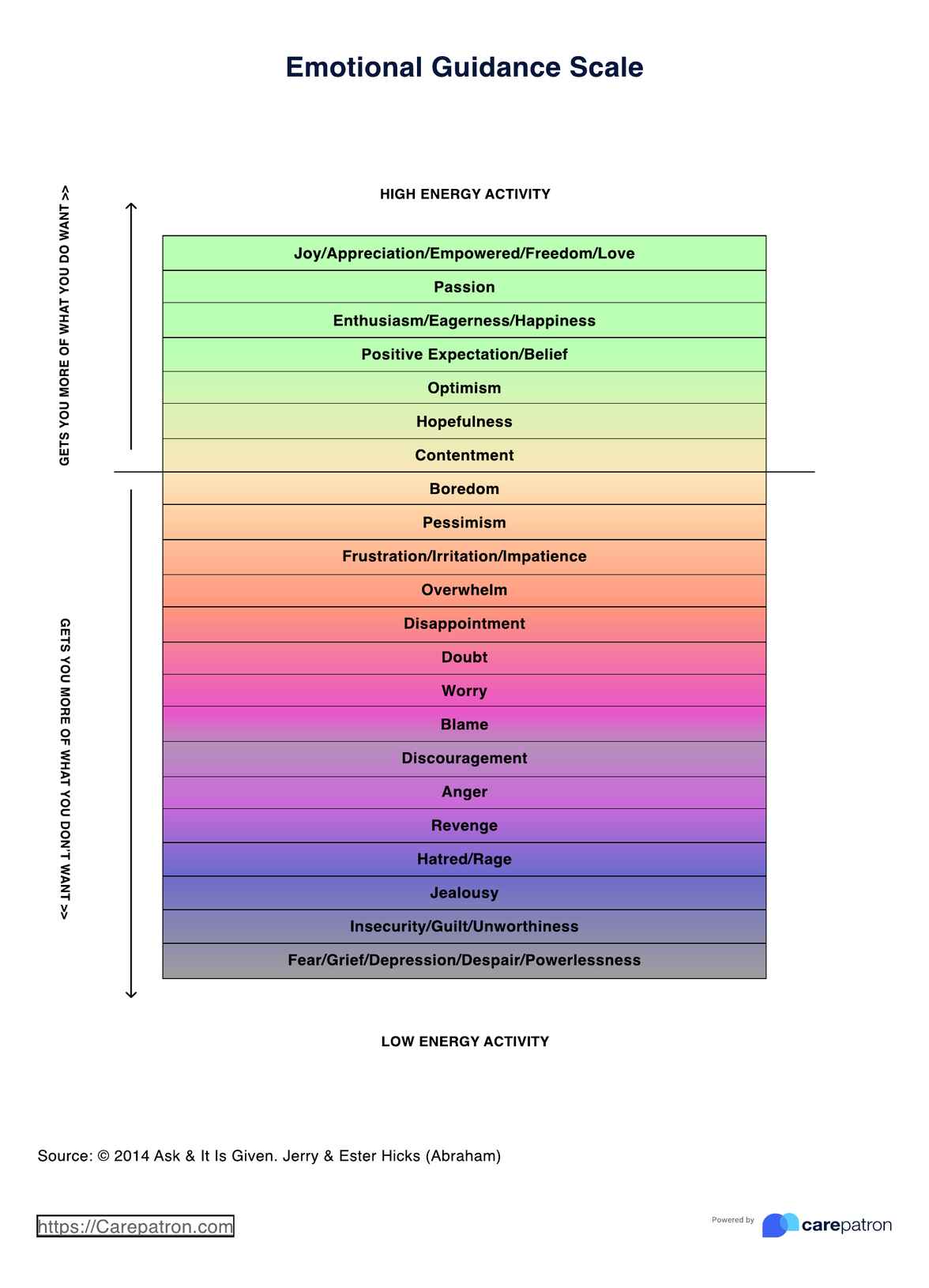
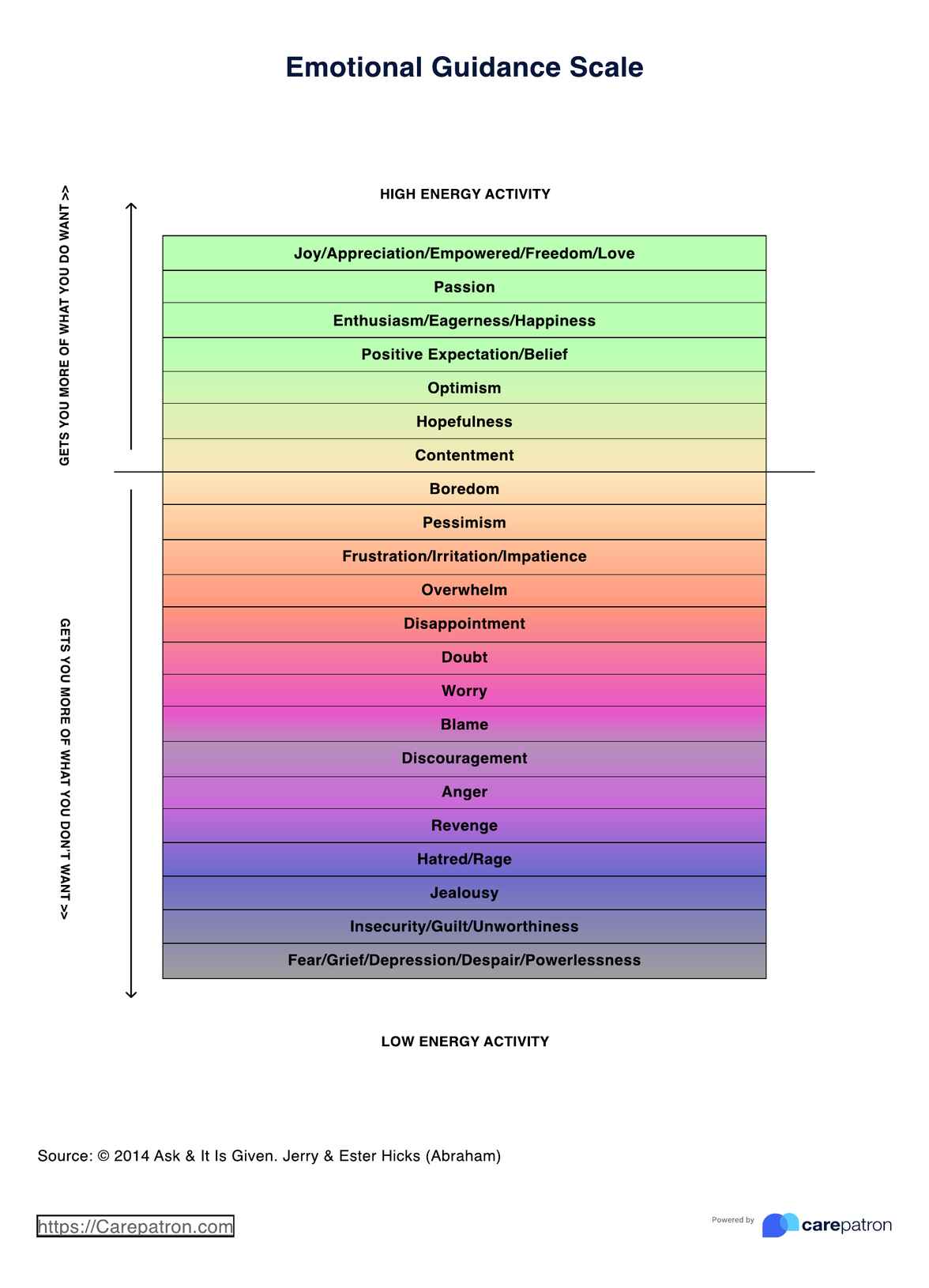















-template.jpg)





















































































